03:39

Most chickens slaughtered in the UK are now gassed to death using high concentration CO2, including from RSPCA-certified farms. When undercover footage of gassed chickens emerged, an RSPCA spokesperson stated in The Independent that “the birds in the footage were already unconscious and were not in pain,” despite behavioural signs of consciousness. In this study we examined relevant scientific evidence and concluded that this killing method causes severe and prolonged distress. Instead of defending such methods, we argued the RSPCA could assist in securing the replacement of CO2 stunning/sl...
02:51

In Jan. 2020 The University of Winchester was awarded Bronze accreditation for completing the first stage of a national campaign to make university campus’ hedgehog (and wildlife) friendly. This story subsequently aired on TV Solent on 30/01/20.
06:27

Andrew Knight, Professor of Animal Welfare and Ethics/Director at University of Winchester, introduces the university's new Centre for Animal Welfare. This talk was presented at University of Winchester's Hunting Symposium in 2015.
The centre for Animal Welfare provides a collaborative hub for academics and academic organisations interested in animal welfare issues. In addition to traditional research and knowledge dissemination through academic publications, presentations and educational programmes, the centre also seeks to engage with wider society, including through a seminar series on...
02:56

Programme Leader Professor Andrew Knight discusses the MSc Animal Welfare Science, Ethics and Law programme at the University of Winchester.
01:38:08

The Centre for Animal Welfare at the University of Winchester undertakes research, teaching and public engagement activities in the field of animal welfare. The interdisciplinary Centre is led by Professor Andrew Knight.
01:23:37

This is a recording of Andrew Knight's Inaugural Lecture 'Was Jack the Ripper a Slaughterman?: Unexpected Journeys in Animal Welfare', which was presented on 7 December 2016. The reply was delivered by Johannes Oosthuizen, our MSc Applied Criminology Programme Leader.
13:36
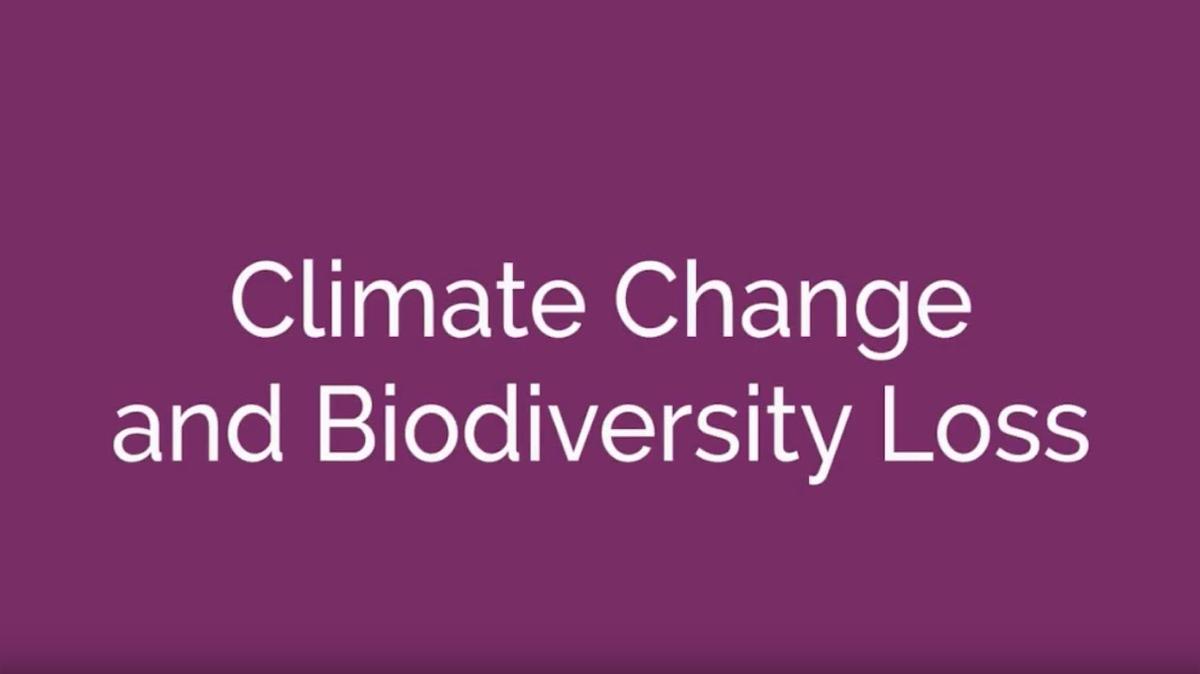
We are currently living through the sixth mass extinction since fossil records began. This video describes previous mass extinction events and the causes of the current one - mainly habitat destruction for livestock production, pollution and climate change. Some 1/3 of all species are expected to go extinct, with some ecosystems, such as coral reefs, most severely affected. People will also be affected, as rivers dry up, rising oceans flood coastal regions and crop yields decline. The livestock sector currently contributes around 16% of all human-generated greenhouse gases – more than all f...
07:02
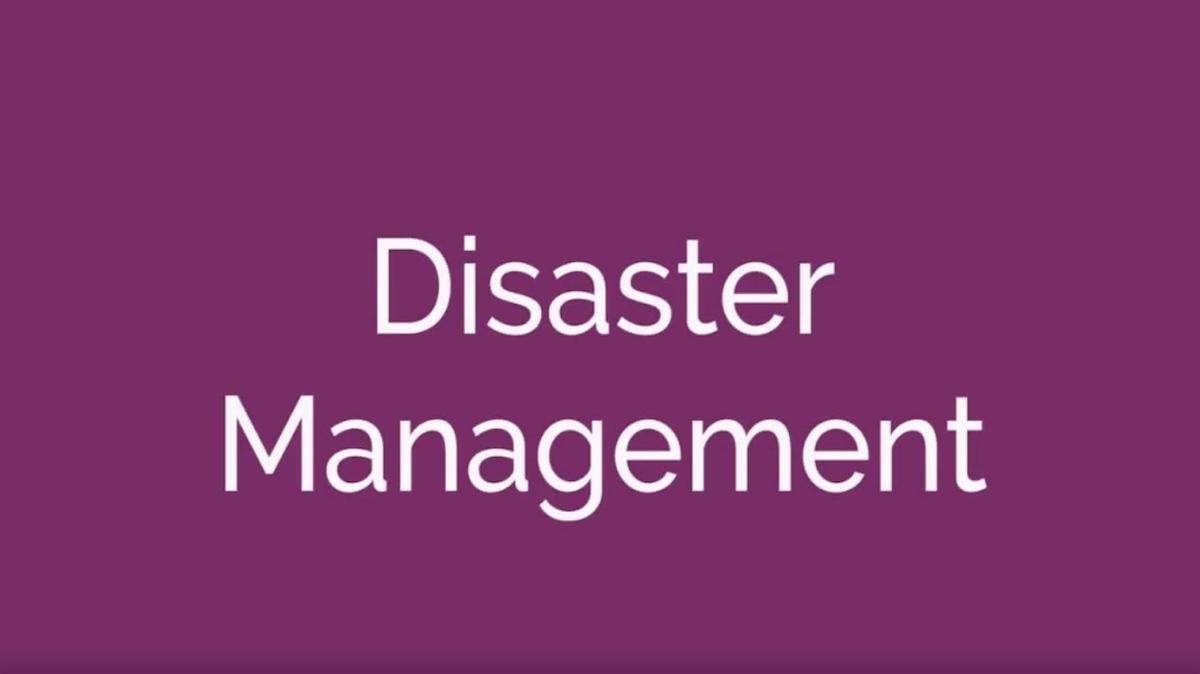
Animal welfare disasters can result from disease outbreaks, wars, famines, extreme weather events, failures of power, infrastructure or machinery, and from chronic pet overpopulation. Responses are often crisis driven and poorly coordinated, and focused on people, with animals little considered. This video summarises animal welfare impacts that may result from disasters, and introduces strategies for planning and responding to disasters to mitigate their animal welfare impacts.
04:26
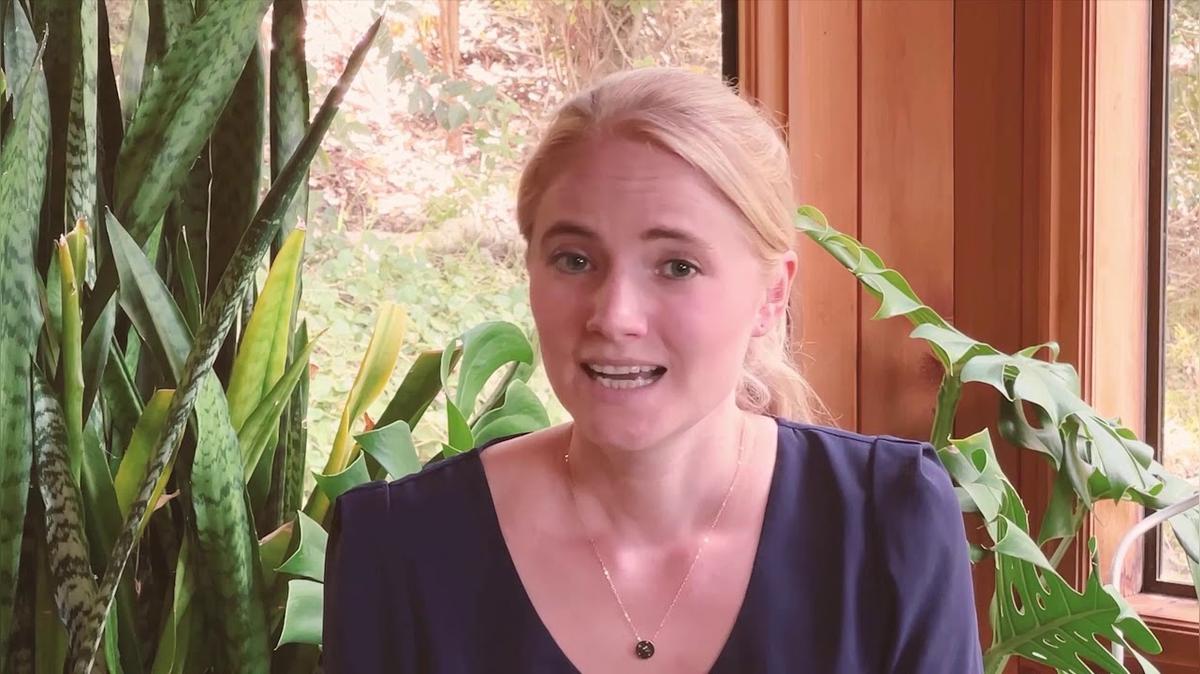
Farmed Animal Welfare Law in New Zealand: Investigating the gap between the Animal Welfare Act 1999 and its delegated legislation.
The New Zealand Animal Law Association is excited to release a research report which focuses on farmed animals in New Zealand.
This report, funded by the New Zealand Law Foundation, has revealed a substantial gap between the overarching standards of animal welfare prescribed by the Animal Welfare Act 1999 and the standards that are provided for in its codes of welfare and regulations.
The report will be launched at a parliamentary event on Wednesday 22 Febru...
14:03
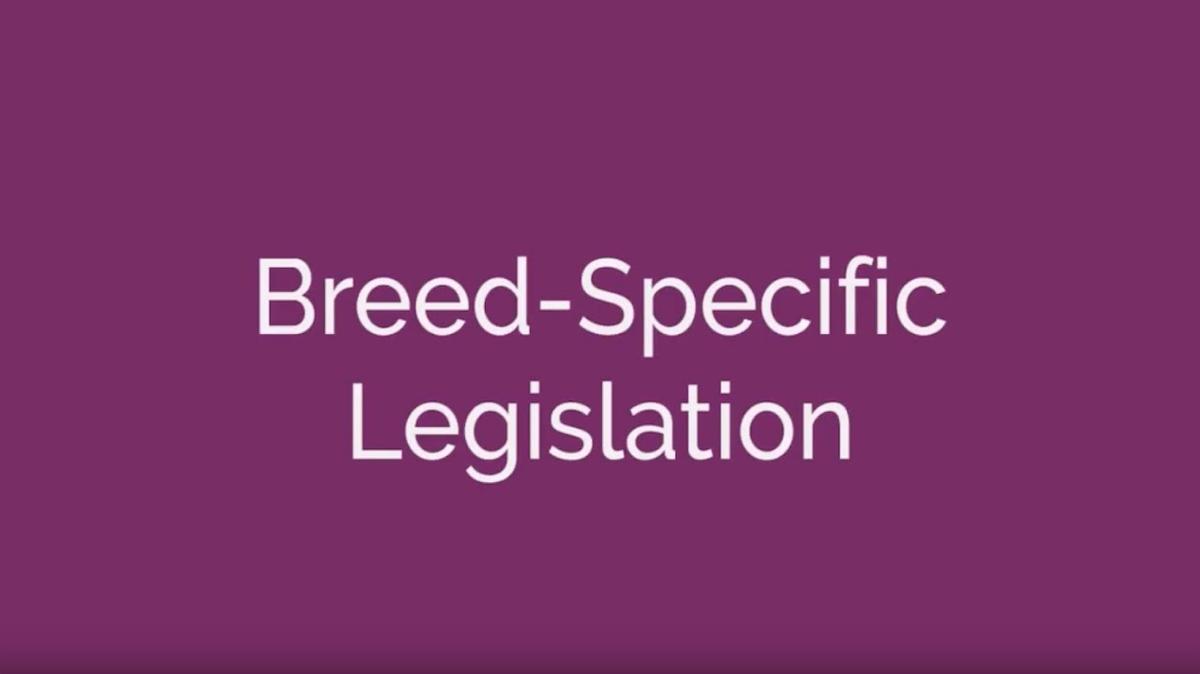
Breed-specific legislation (BSL) was introduced into the UK with the Dangerous Dogs Act (1991, since amended) and others, following several high profile dog attacks. It banned (with certain exemptions) the Pit Bull Terrier, Japanese Tosa, Dogo Argentino and Fila Brasileiro. However, these breeds were not defined in the legislation. studies have since failed to demonstrate benefit in decreasing dog attack numbers, or that these breeds pose higher risks than others. Instead, factors such as dog socialisation, training and husbandry standards are important. This video critiques the benefits an...
10:59
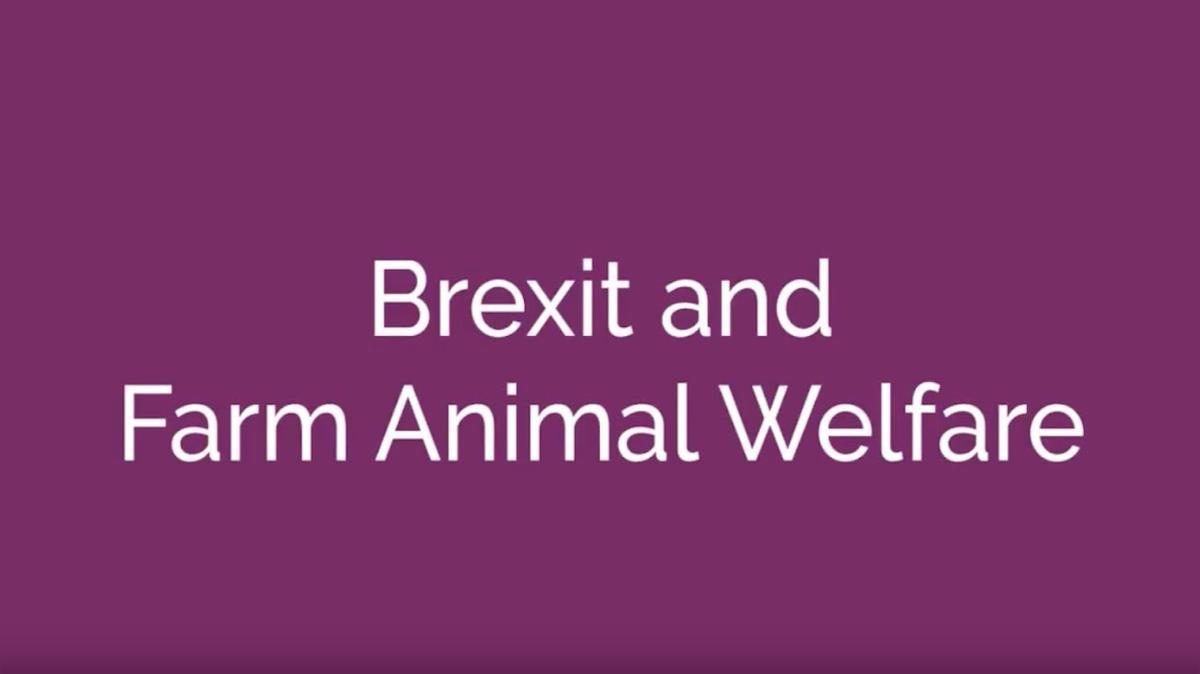
Most laws governing farm animal husbandry, transport and slaughter originate from the EU, although to date these have been shaped by the UK as an EU member. After Brexit, EU treaties and new Directives would no longer apply to the UK, although existing national legislation such as the UK Animal Welfare Act would continue to apply. Brexit offers both opportunities and risks to farm animal welfare, which are summarised in this video. Opportunities include the ability to ban live exports and importation of poor welfare products such as foie gras, and improved product labelling. New farm suppor...
03:38

There are around 160 million farmed animals based in New Zealand. The heavy national footprint of animal agriculture within New Zealand has had devastating impacts for its environment, public health, and animal welfare. This report describes how, and why, a transition to a cleaner, greener, plant-based future, can be achieved. Most of the concerns are applicable to any country, as are the solutions. The full report is ‘The Green Protein Report: Meeting New Zealand’s Climate Change Targets by 2030 Through Reduced Reliance on Animal Agriculture’, by Jasmijn de Boo and Prof. Andrew Knight. Fin...